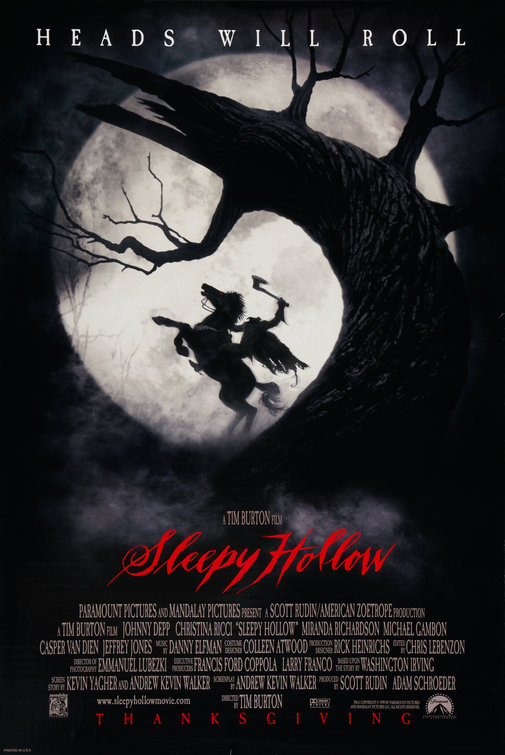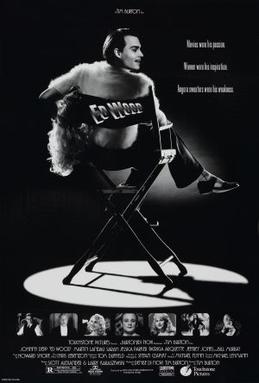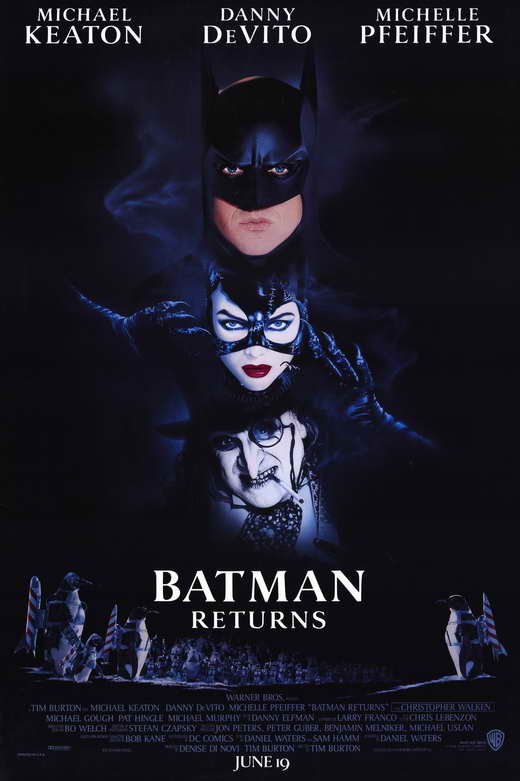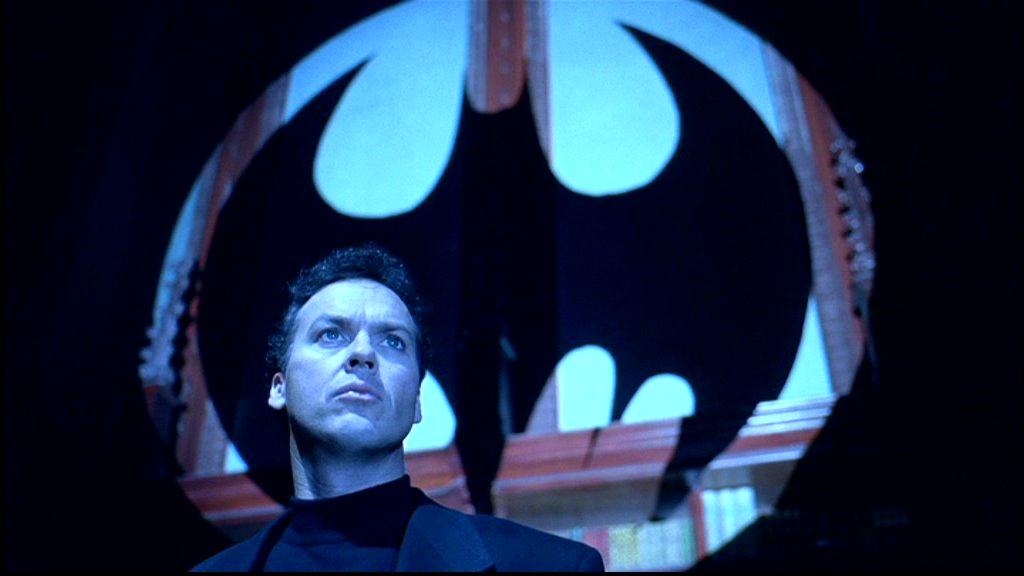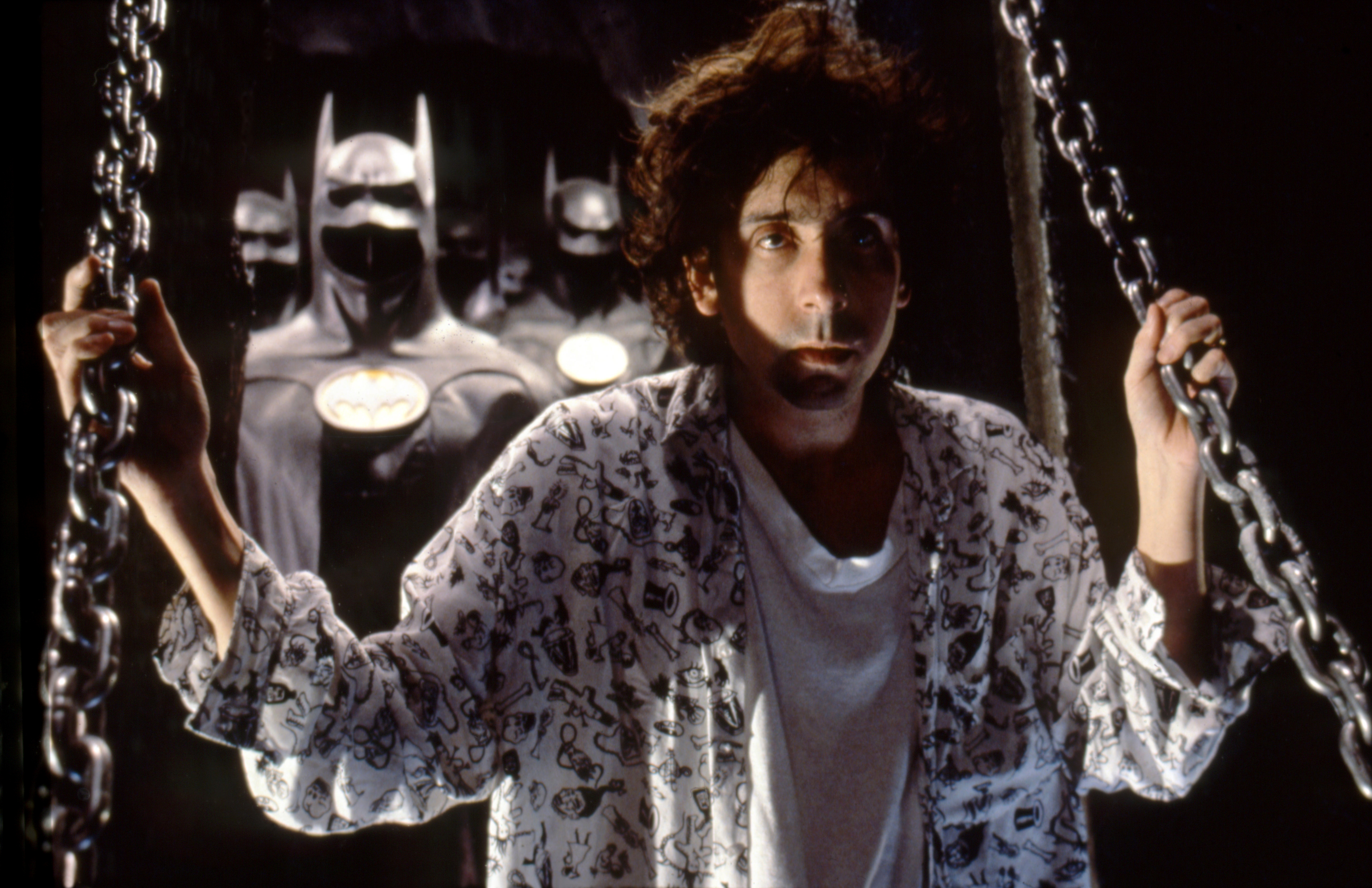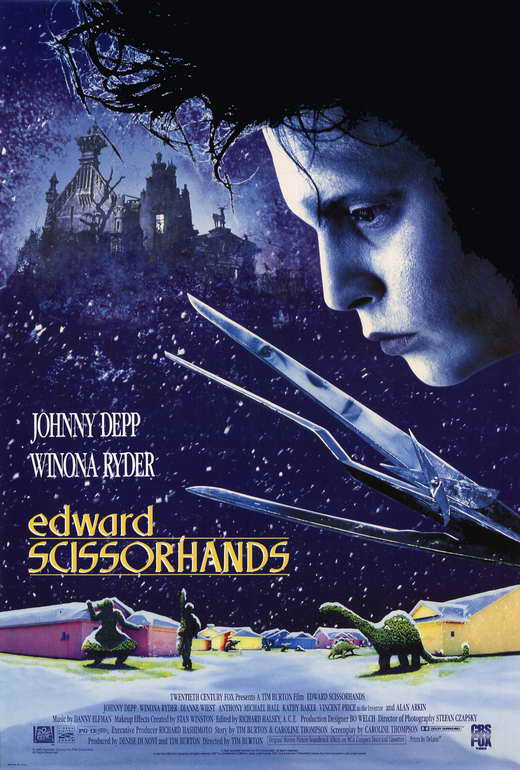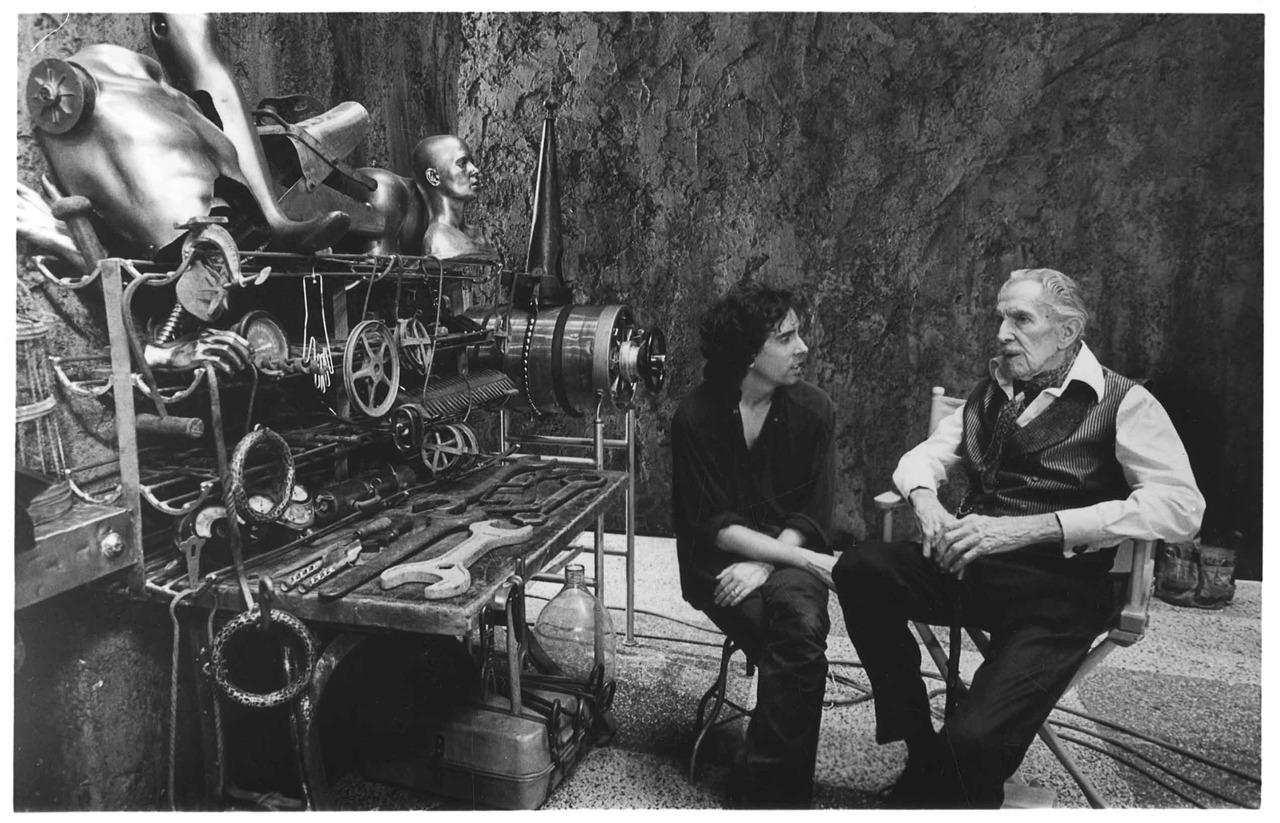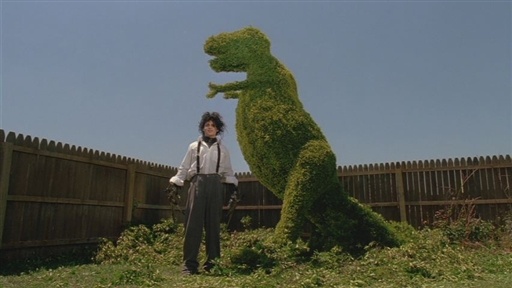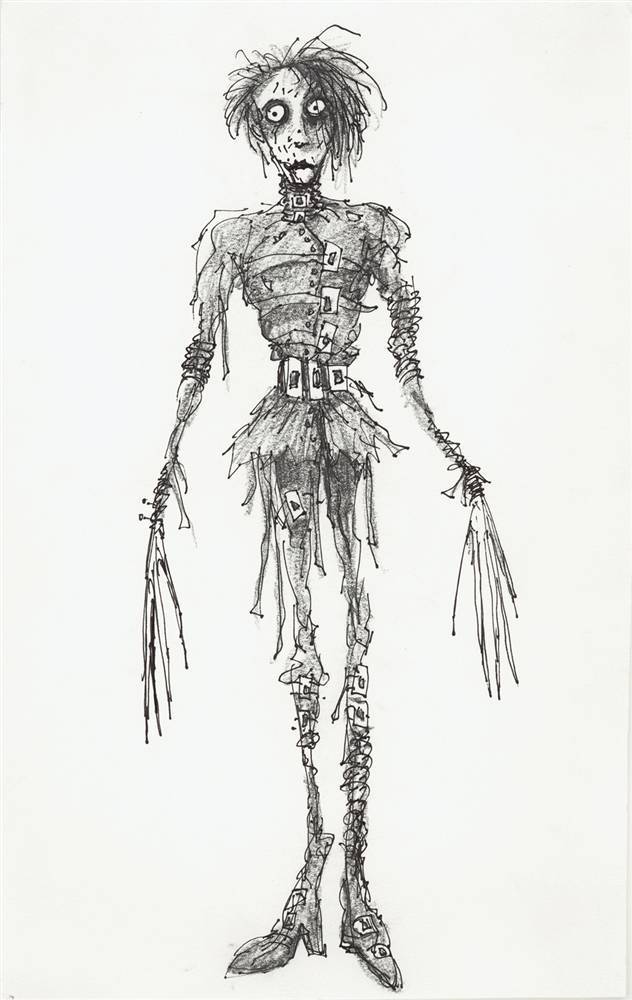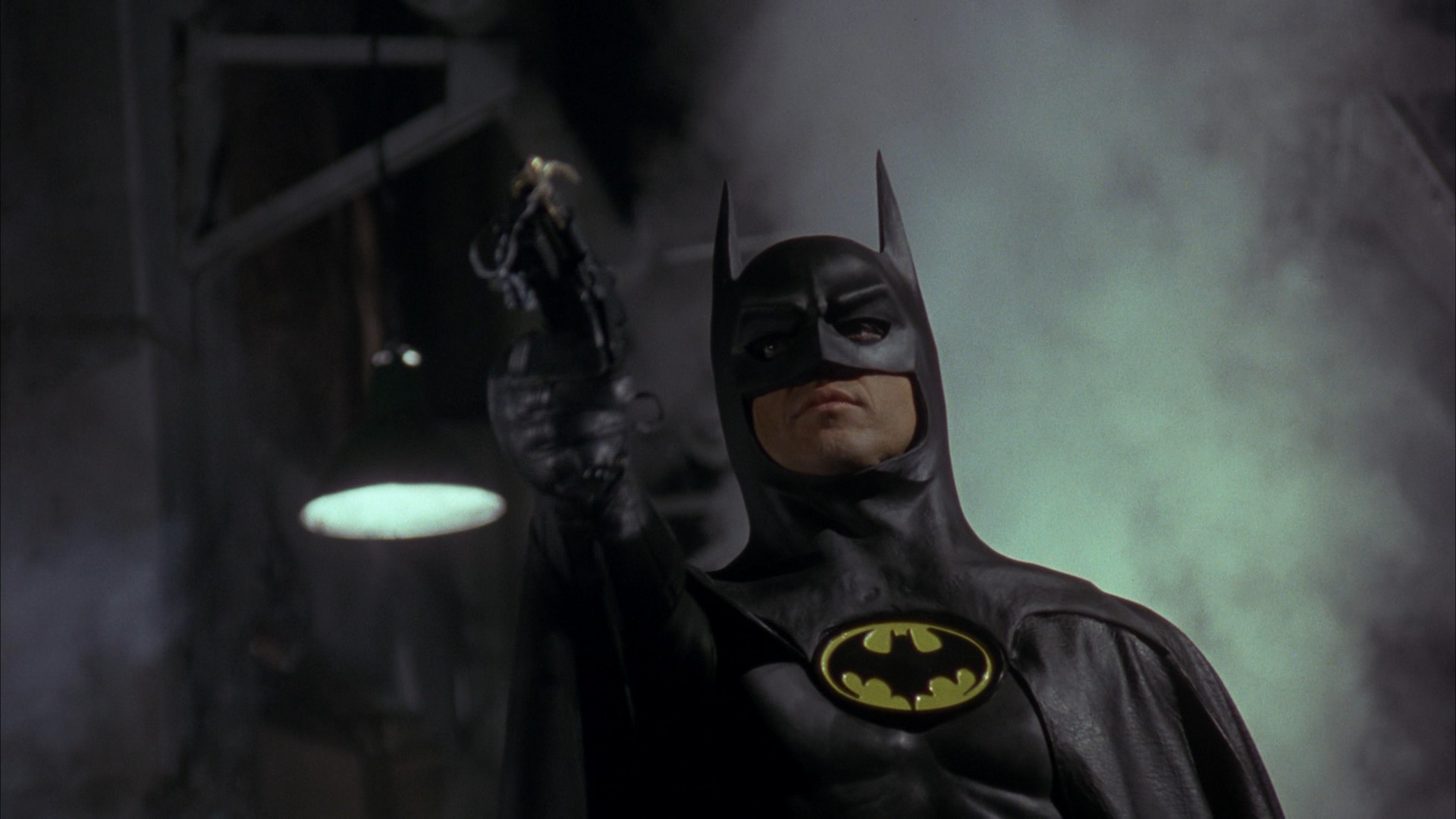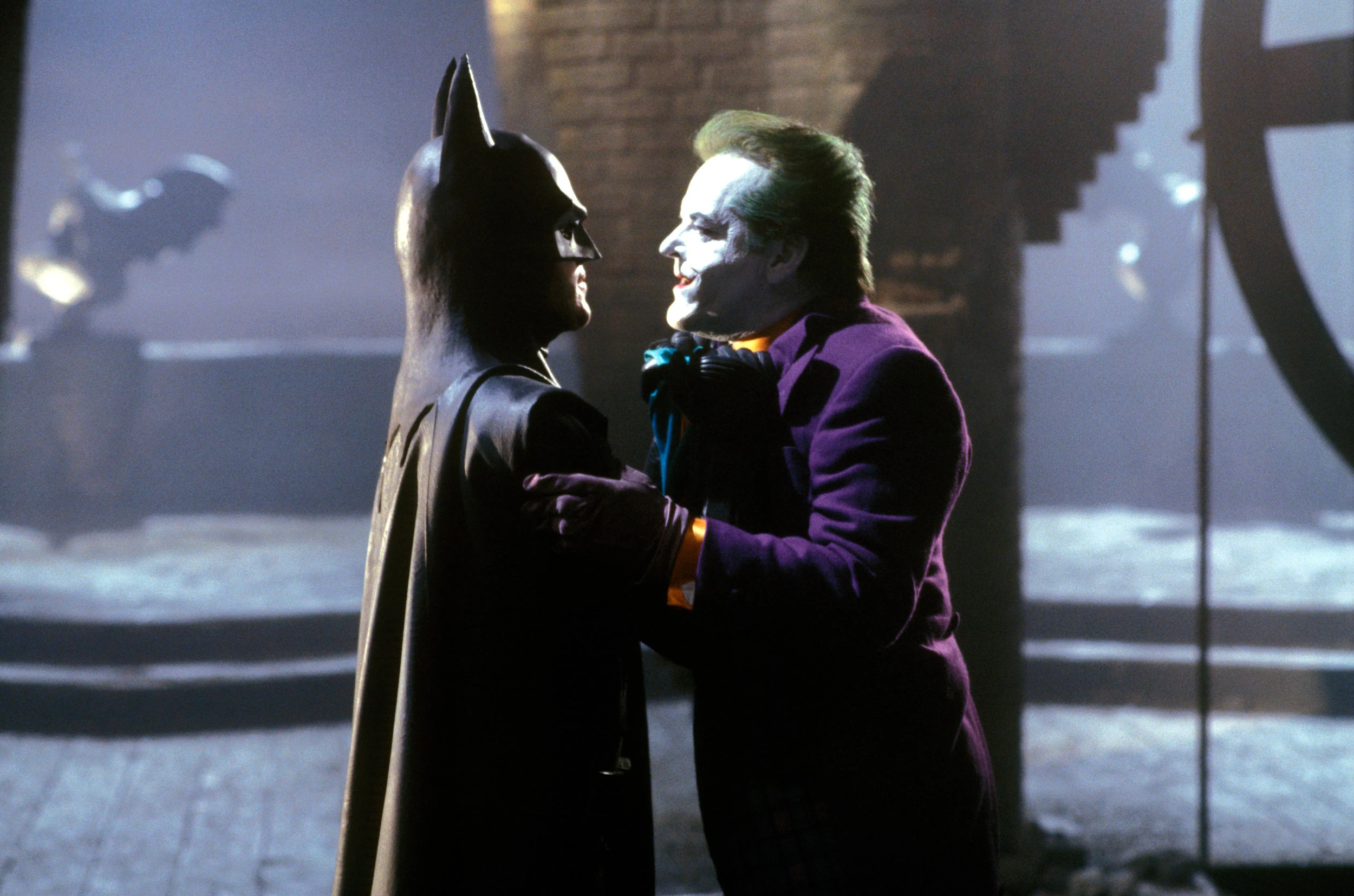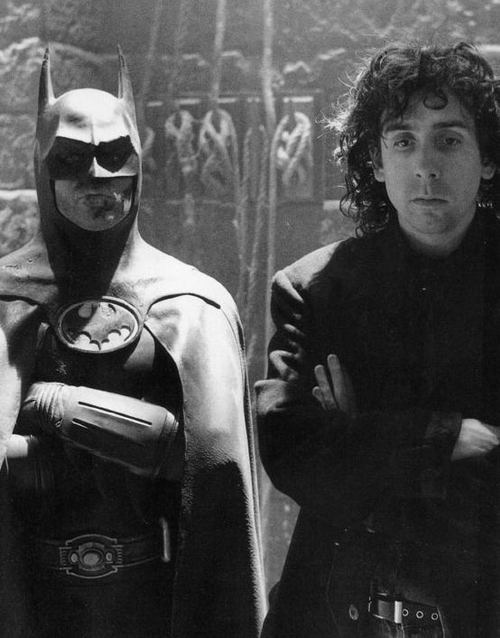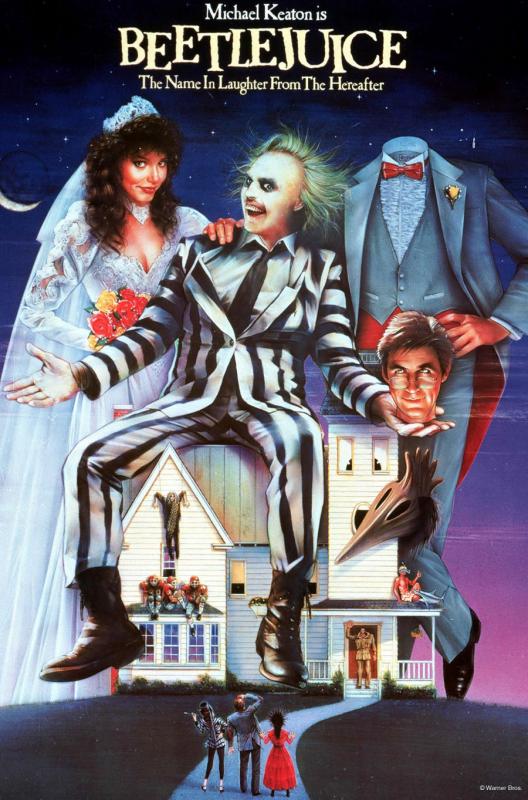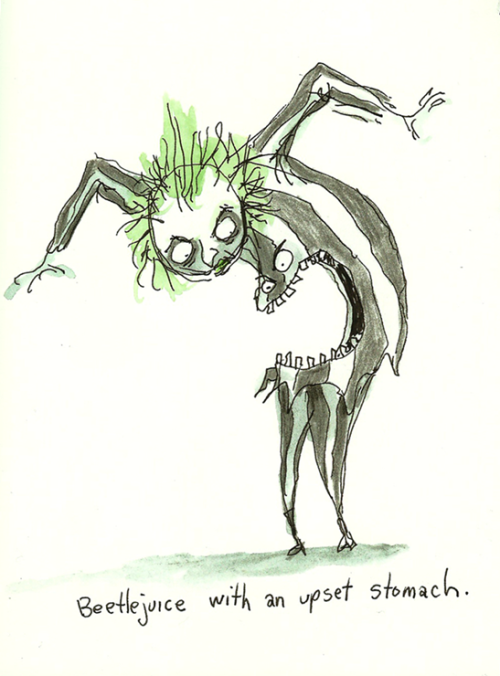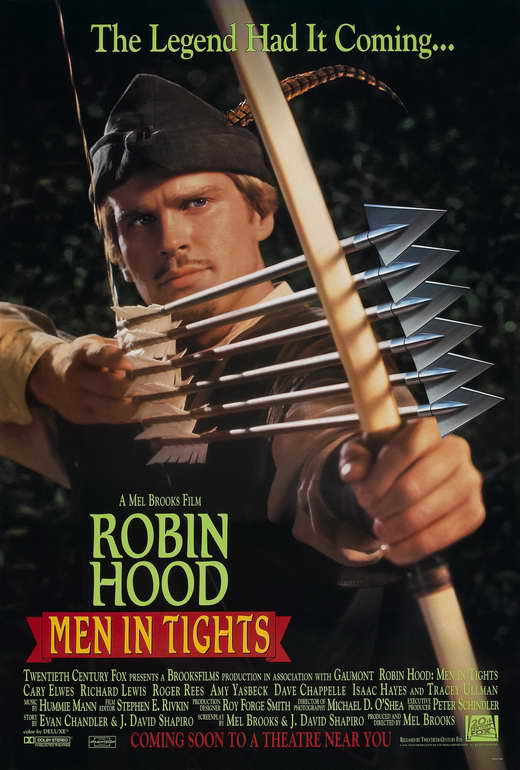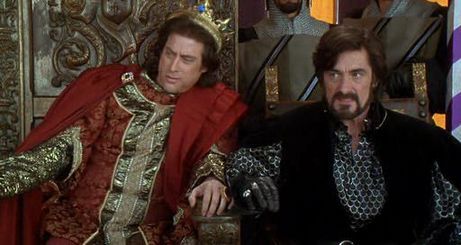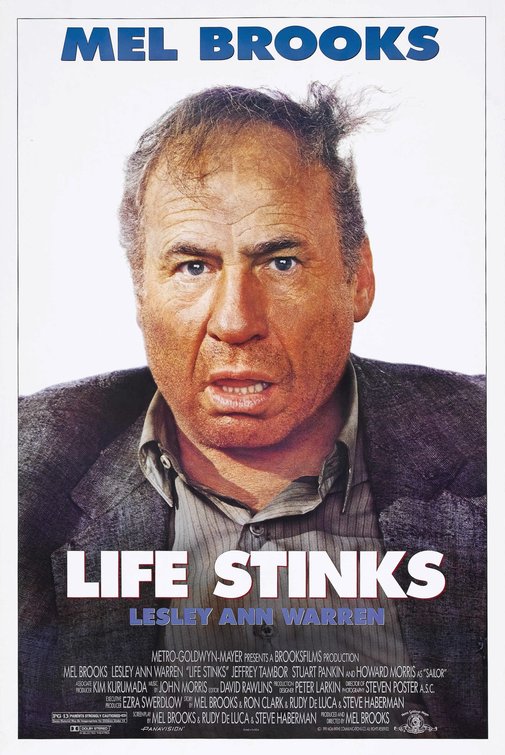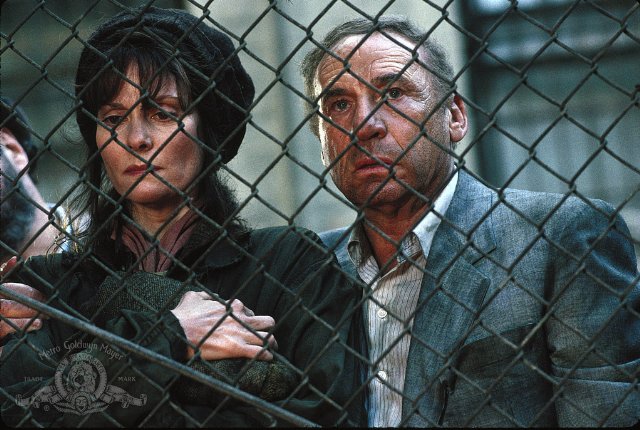So, how does Tim Burton's film compare? The movie, Sleepy Hollow, may have a streamlined title but it also has a far more complicated plot.
At the turn of the 19th century, man of science, Constable Ichabod Crane (Johnny Depp) is sent to a small, Dutch village to investigate a series of brutal beheadings. The townsfolk believe that the killer is not of flesh and blood, but a hessian from the Revolutionary War they call the Headless Horseman, who has risen and is on the hunt for fresh heads. Determined to find the true culprit of these crimes, Ichabod uncovers a sinister conspiracy deep within the heart of Sleepy Hollow, and maybe even... beyond the grave.
Andrew Kevin Walker and make-up effects designer Kevin Yagher conceived of this adaptation as a period piece slasher film. This comes as no surprise, given that Walker also wrote Se7en.
Johnny Depp performs ably as the capable but cowardly Ichabod Crane, now constable instead of school teacher. Also considered for the role were Brad Pitt, Liam Neeson, and Daniel Day-Lewis. Depp is slightly goofier than Neeson or DD Lewis might have been and maybe if the film had been closer to the source material, they would have been better choices. Unsurprisingly, Depp wanted a prosthetic nose and ears to match the description of the character. Equally unsurprisingly, the studio refused. He gives a performance that's vaguely feminine and fragile and while he's far too pretty to fit in with the rest of his surroundings, its always fun to watch Depp swing for the fences.
Christina Ricci is cast as Katrina Van Tassel and she is given more development than her character ever had in the book. And yet, there's still nothing to her character. Its some sort of mathematical paradox in which zero is somehow greater than zero. I suppose she spurns Ichabod later but that's about it.
Brom Bones (now named Brom Van Brunt) is Ichabod's romantic rival but his role in the story is chopped down immensely, if you'll pardon the pun. Ichabod's first run-in with the Horseman and the chase to the bridge remains intact, and even contains one of the possible endings of the original story, but it appears around the halfway point of the film. Apart from that Brom acts more as the Jock in a slasher film, than the Gaston-esque figure he is in the book.
Apart from that, we are given a whole new cast of characters. Baltus Van Tassel, Magistrate Philipse, Doctor Lancaster, Reverend Steenwyck, Widow Winship, Notary Hardenbrook, all great names, are played by an embarrassingly talented cast including Michael Gambon, Richard Griffiths, Ian McDiarmid, Jeffrey Jones, Michael Gough, Christopher Lee, and Miranda Richardson, most of whom play town elders and all of whom have something to hide.

Much is removed from Washington Irving's classic. However, the tone of the film remains the same. Eerie is the best word to describe it. As I've said previously, the book is reshaped from a thrilling horror to a horror thriller. My frustration at the changes aside, I have to concede that the film still works. Burton turned this slasher film into a Hammer Horror film, even bringing in Hammer alumni such as Christopher Lee and Michael Gough. The action and the kills are well shot and when the mystery really picks up, there is a modern energy that meshes well with the period setting.
"Their heads were not found severed..." warns Reverend Steenwyck, ominously. "Their heads were not found at all." There is a fantastic atmosphere that pervades most of this film.
The cinematography, shot by none other than the immeasurable Immanuel Lubezki is breathtaking and haunting. His use of darkness and fog is classic horror the way it was meant to be seen. Burton's frequent collaborator, Danny Elfman steps up to the plate in a big way. Horror films are particularly difficult to write music for. Low and ominous is an easy direction but its damn near impossible to make anything that stands out. Almost any track would fit perfectly in a campfire setting. He elevates the still and unnerving cinematography and provides a soundtrack that sends chills down your spine.
There is only one element of the movie I outright object to and that is the ending, which essentially amounts to a climb up a wind-mill (gotta milk that Dutch heritage for all it's worth) and a horse chase with the Headless Horseman. Why does it bother me? Well, I'll tell you.

SPOILERS FOR THE LEGEND OF SLEEPY HOLLOW BELOW!!!
All of this becomes a point of contention to the local bully, Brom Bones, who also seeks Katrina's hand. He attempts to embarrass Ichabod, though the pranks fail to dissuade him.
Then, on a cold, autumn night, Ichabod attends a party at the Van Tassel's. There, Brom tells everyone the ghost story of the Headless Horseman, an evil spirit who lost his head and seeks others to take it's place. He warns that if anyone sees this specter, they must make for the bridge next to the old burying ground, where the Horseman will disappear.
That night, on his lonely ride home, Ichabod sees a man in the distance on horseback. The massive man approaches him and Crane sees that the man has no head. The Horseman charges Ichabod and chases him through the forest, with Ichabod running for his life. Ichabod crosses the bridge and watches in horror as the Headless Horseman crosses the bridge and throws a severed head at Ichabod's face.
The next day, Ichabod is gone. All that remains is his horse, a trampled saddle, a hat, and a broken pumpkin. Brom Bones marries Katrina. Did Ichabod truly run into the Headless Horseman that night? Was he dragged to hell? Or was it merely Brom Bones in disguise? And if it were, did Ichabod flee the city? Or was he savagely murdered and his body hidden? The true fate of Ichabod Crane remains a mystery.
The End.

Its the movie's lame ending and a tired, bland love story between Ichabod and Katrina, that prevent this movie from being a horror classic. That said, I still think that its a lot of fun and if you're in the mood for something to watch on Halloween that has that October spirit, I think this is a fun film to check out.

